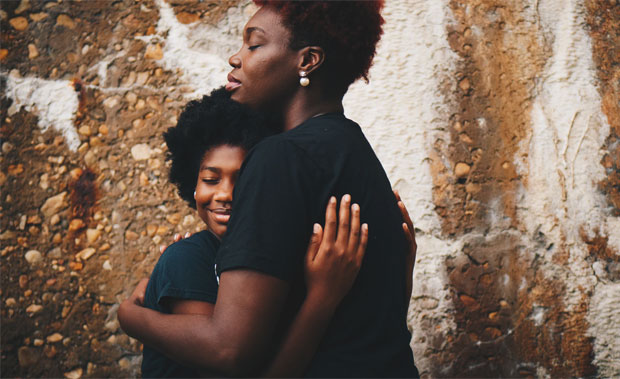How to Educate Your Kids About Drugs and Alcohol
How to Educate Your Kids About Drugs and Alcohol
Throughout a child’s adolescence stage, one of the most important elements is to ensure a solid and transparent relationship with the parent. Children make better choices when the parents build safe and supportive surroundings. Parents must address the dangers of alcohol use and other substances. If they do not feel welcomed talking to family, they may be searching around for answers elsewhere from unreliable sources.
In this article, we are going to discuss how to educate your kids about drugs and alcohol.
- Appropriate Age
In addressing this subject with your children, always note that it is vital to ascertain what information fits your child’s age. When your children get older in around 8 to 12 years, you could perhaps start talking to them by asking about what they assume of drugs. Children of this age are typically often willing to interact about sensitive topics freely with their parents. Parents are also more likely to get a truthful response by calmly posing the questions. Help them to understand what drugs are, what their purposes are, and also what drugs are dangerous or unlawful, but adhere to the facts and do not mislead the effect.
- Define Addictions for Your Kids
Warning them that consuming alcohol and using drugs can pose a very tough habit to manage or to leave. You should warn them that addiction could happen even the first moment they try it with other substances like opiates and cocaine. According to experts from DayHab, individuals suffering from drug addiction come from different walks of life, irrespective of age, sex, race, or background. While some people can use drugs and walk away easily without looking back, others develop serious addictions that cause pain and misery to them and their loved ones. Drugs can have a dramatic impact on relationships, employment, work, and safety.
- Prevention
Every kid could end up in a difficult situation, including those who made an effort to prevent it and even though their parents gave them the proper guidance. Kids who have friends who are using drugs will possibly try drugs themselves or anyone feeling lonely and isolated might turn to drugs and alcohol. As they grow older and venture out to develop their freedom, you can’t shield your child from anything in life but you can help them make the best choices about who they associate with. Let them know that they are creating a better future for themselves and healthier life because they are surrounded by optimistic, supportive people who have an anti-drug outlook. Children are less likely to use cigarettes, alcohol, and other drugs when their parents have set out a pattern of consistent rules and consequences. It is also good to get to know your child’s peers and their guardians to make sure everyone is all on the same page when it comes to supervising and preventing drug use.
During puberty, feelings of fear, doubt, and pressure can happen to your child. Contrast those feelings with other encouraging remarks about the personality and abilities of your child. Help them focus on their passion and ambition.
Author: Allen Brown








